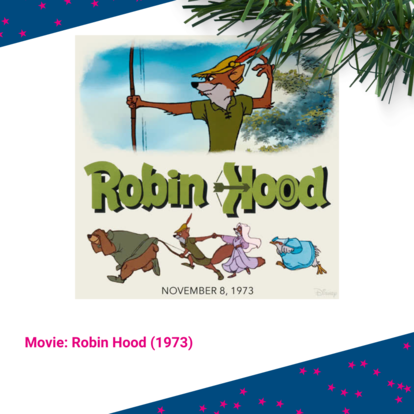Countdown to Christmas
22 - Justice

- Traditionally, justice has been interpreted as one of the four cardinal virtues (alongside prudence, fortitude, and temperance) that should guide individual action; however, liberals see justice as something that is foremost political. John Rawls famously claimed that justice is “the first virtue of social institutions.” Hence, the basic structure of an Open Society must rest on principles of justice that are justifiable to all.
- Yet, there has been much dispute between liberals on the characteristics of these very principles of justice. While John Rawls attempts to reconcile the value of liberty with intuitions about equality and fairness, Robert Nozick makes the case for a historical perspective of justice that is less concerned with outcomes and patterns.
- These somewhat notorious debates about the nature of justice in liberal thought are far from being settled. But what is important to acknowledge is that the very sentiment of justice has always been a huge driving force for liberals to either push back against all sorts of wrongdoings or to establish institutions (such as human rights) that protect individuals structurally from injustice.

In contemporary pop culture, Robin Hood is often portrayed as a left-wing champion of redistribution: Stealing from the rich to give it to the poor. However, this is blatant historical revisionism. The folktale hero of Robin Hood is not concerned with an esoteric notion of structural injustice in a market economy—as socialist intellectuals want to make you believe. Instead, Robin Hood’s vigilantism is motivated by the shameless wrongdoings of the state—which impoverishes its subjects (it is hard to talk about a notion of citizenship here) through its brutal tax regime.
In the Disney movie, the Sheriff of Nottingham perfectly encapsulates this form of state repression: He ruthlessly threatens and overtaxes a disabled blacksmith, empties church boxes, and even takes away the birthday present of a baby bunny. To anyone watching this “friendly neighborhood tax collector” in action, this poses the obvious question: WTF is wrong with the state? Luckily, Disney also offers us a good explanation: The Leviathan (i.e. Prince John) is portrayed as an infantile and greedy crybaby, and its chief bureaucrats (i.e. Sir Hiss) are snakes with the ability to brainwash. The only conclusion one can arrive at after watching this classic is that: Taxation is theft!
